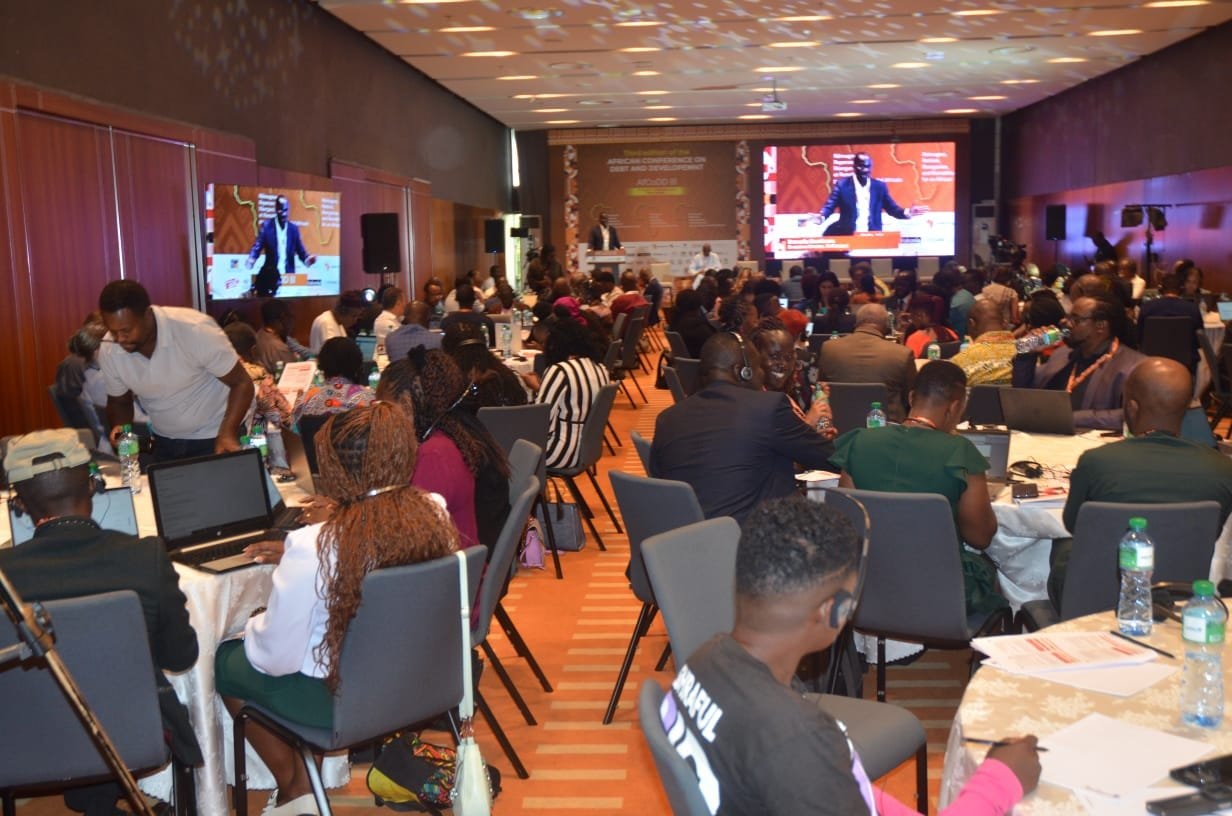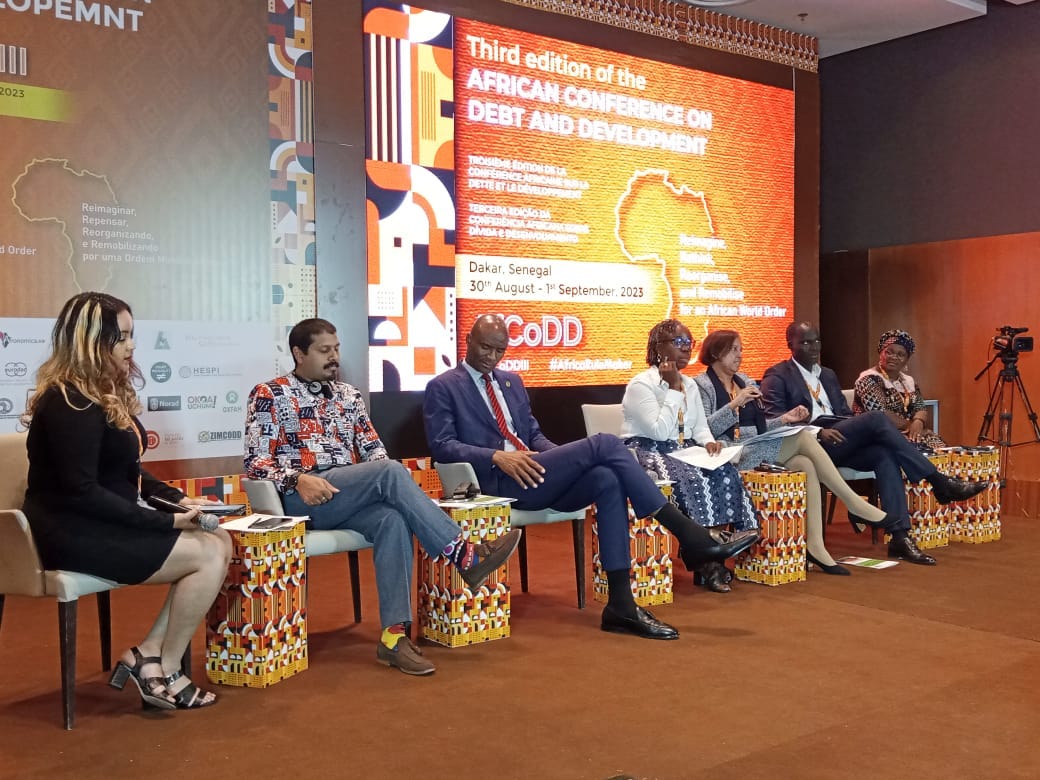Martha Kwataine on Debt Solutions: Africa Uniting for Negotiating Power
In their conversation, they discussed the importance of the event, the key agenda during Martha's session, and the need for follow-up actions.
DAKAR, Senegal— AfricaBrief’s Editor-in-Chief, Winston Mwale, had the privilege of interviewing Martha Kwataine, Malawi's Presidential Advisor on Non-Governmental Organizations (NGOs) and Civil Society Organizations (CSOs) during the 3rd African Conference on Debt and Development (AfCoDD III) in Dakar, Senegal.
In their conversation, they discussed the importance of the event, the key agenda during Martha's session, and the need for follow-up actions.
Winston Mwale (WM): Martha, could you provide an overview of how you rate the start of this event?
Martha T. Kwataine (MK): The event has started on a very promising note. The discussions and topics are relevant and address practical issues that the continent is facing.
I'm hopeful that participants will generate tangible recommendations to guide our leaders in overcoming the current debt crisis.
WM: Your session focused on the Borrowers Club. What were the key points or agenda during this session?
MK: Our session centred on the Borrowers Club, which aims to coordinate Africa's approach to creditors to enhance negotiating power.
The realization is that individual negotiations are less effective than a collective approach. Africa shares common values, challenges, and interests, making it easier to negotiate as a united front.
This is a positive development.
WM: During discussions, did any particular issues stand out, and how did you respond to them?
MTK: One critical issue was whether borrowing is necessary. Borrowing, like at an individual level, is often necessary when there is a deficit.
However, the key is to ensure that borrowing is used for investments rather than consumption. Another issue was access to information regarding debt processes. In Malawi, we've launched initiatives like the National Action Plan on open government, which mandates transparency in debt processes.
This ensures citizen participation and consultations for homegrown solutions.
WM: Follow-up actions are often challenging after such events. What is Malawi doing to ensure that discussions here lead to meaningful actions?
MTK: Addressing this challenge is vital. In Malawi, the MALA Economic Justice Network leads debt and development campaigns. They have a strategy for lobbying the government, collaborating with the Ministry of Finance, and even taking issues to the AU level.
Communiqués are shared with the Ministry of Finance, and there are pre-conference preparations to ensure that relevant issues are pushed forward.
Kwataine's insights highlight the significance of AfCoDD III in addressing Africa's debt challenges.
Her remarks underscore the importance of coordinated negotiation efforts and transparent debt management processes.
Follow-up actions, she notes, are crucial to translating conference discussions into impactful change.
Below is the rest of the interview:





